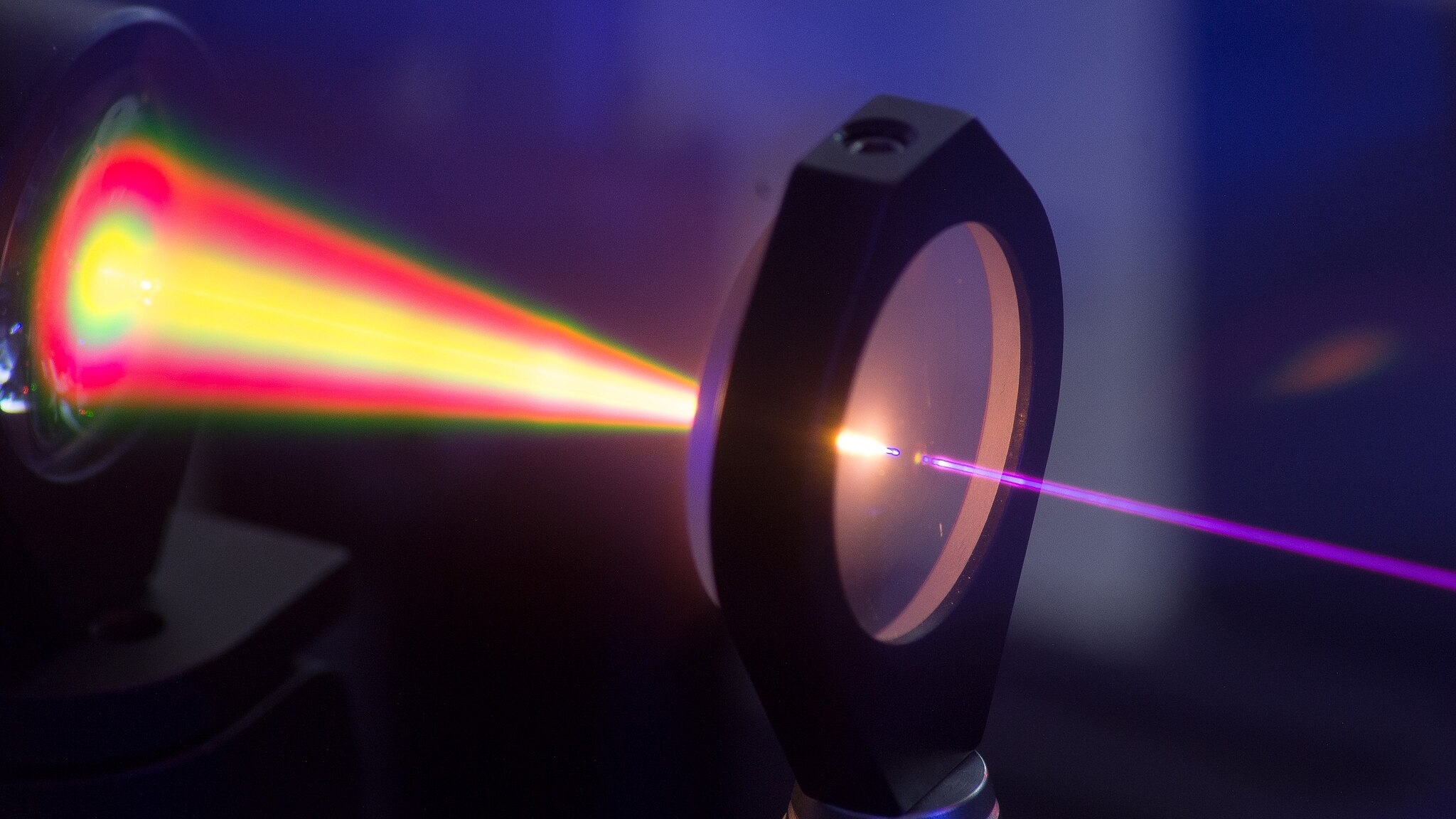Project
Experts in laser hardware, chemometrics, and researchers in textile recycling and meat processing, are partnering to realise a complex hyperspectral imaging system addressing the current challenges with the help of supercontinuum lasers.
Systems for hyperspectral imaging is a hot topic. The systems are rapidly being implemented in the industry and other real-world situations. The project’s supercontinuum light source, made by NKT Photonics, DTU Electro, and NLIR, will solve challenges within resolution, penetration depth, and material differentiation. The light sources can also analyse material from a distance, inducing minimal heating, giving them an advantage in, for instance, food analysis.
Creating a system for hyperspectral imaging to be used in a production is not easy. Such a system requires expertise across multiple disciplines, including light generation, detection, chemical analysis. When everything is working, all the technical complexities need to be packaged in an intuitive and user-friendly software interface, so it is easy to use in the industry. The HyperSort project has two goals:
- Improving textile recycling, especially the differentiation of complex fabrics with 1-2% Elastane content.
- Optimizing side stream meat processing, where to goal is to sort the highly inhomogeneous biproducts in the hope to find offal, which can be used in food production.
Team
The project builds on a long history of expertise in supercontinuum laser development at NKT Photonics, academic excellence at DTU Electro, Copenhagen University and University of Basque County, and researchers interfaced with industry in meat processing and textile recycling. The consortium also includes a rapidly growing DTU Electro spinout named NLIR, developing detectors for infrared wavelengths based on a patented upconversion technique.
The collaboration and the funding provided offer a unique opportunity for five prominent Danish entities both private and academic to make a significant impact on the global market. The project partners University of Basque County and Boer Group recycling are world leaders within hyperspectral imaging and chemometrics, and Europe’s manual and automated textile recycling, respectively. They have valuable insight into the challenges and potential advantages of the HyperSort system.
For the project to succeed, the Danish Technological Institute and Boer Group will make use of the supercontinuum light source developed by NKT Photonics, DTU Electro, and NLIR in their research on side stream meats and textile recycling.
Facts
- Official Title: HyperSort – Hyperspectral Optical Engine
- The Innovation Fund's investment: 14.0 million. DKK
- Total budget: 18.8 million. DKK
- Duration: 3 years
